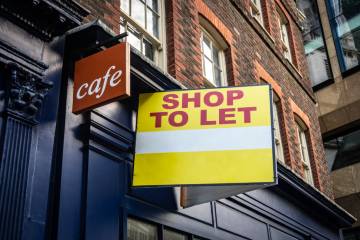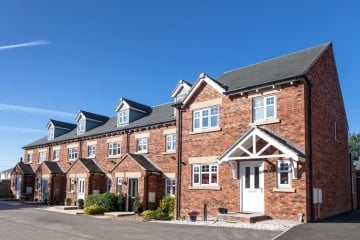Can I buy additional cover for my bed & breakfast or guest house?
There are several options when it comes to B&B and guest house insurance. It all depends on the policy you get and what add-ons you want. While some of these may be included as standard with your policy, you may also want to upgrade the level of cover that’s included:
Guest and employee possessions cover
This insures you against loss or damage to your guests’ and employees’ possessions.
Public liability cover
Public liability protects you against claims for injury or damage to property from your guests. For example, if one of your guests slipped on a wet floor and hurt themselves, this cover helps pay your legal fees and any award of compensation up to a certain limit.
Products liability insurance
This is important if your guests are injured or damage their property due to a product you’ve sold them. For example, if you've served them expired food, then you could be sued for damages. Products liability cover helps pay any legal fees and resulting compensation up to a certain limit.
Employers’ liability insurance
Employers' liability insurance covers you for claims of injury or illness sustained by your employees while carrying out their work.
Business contents and stock cover
With business contents you don’t have to cover the costs of replacing your business contents due to an event like fire, flood or burglary. It’s possible to insure everything from pillow cases to vacuum cleaners and office equipment. If you'd like to know more, read our guide on contents insurance.
Business interruption insurance
This covers loss of revenue due to business interruption. This includes events like fire, flood or theft that mean you have to cease business while repairs or cleaning are carried out.
Business takings cover
This additional cover insures your takings against theft, including the cash you might keep on the premises.
Buildings cover
Buildings insurance protects you against damage to the structure of your buildings, including exterior and interior walls, roofs and flooring. It covers all the permanent fixtures and fittings of your B&B and any outbuildings against events like fire, flood, theft and vandalism.
What affects the cost of guest house insurance?
It's difficult to get an average figure that realistic to all businesses because no 2 properties are the same.
There are several factors that affect the cost of your guest house insurance. These include:
- How long you've been established
- How many guests you can accommodate
- What extra features are added to the policy
- Whether the property is at particular risk of fire or flooding
- The number of staff you employ
- Your claims history
Different insurance providers might place more importance on certain factors over others. A B&B owner with several decades' experience might be seen as lower risk than someone new to the industry. Likewise, the more guests or employees you have means a greater risk of making a claim.
The area surrounding your property can affect your risk too. A property in an area prone to coastal erosion for example.
It's always worth shopping around and getting guest house insurance quotes from multiple providers. This ensures you're getting the best deal for your policy.
Can I get guest house insurance if I’m an Airbnb owner?
Yes. If you plan on renting out your home regularly on Airbnb, it could be worth considering guest house insurance for additional protection.
But if you’re an Airbnb owner, there are a few other things to consider if you’re looking for cover.
First, you should check if your mortgage agreement or mortgage provider allows you to rent out your home. If your property is leasehold rather than freehold, the terms of the lease may affect whether you’re allowed to sub-let or rent it out.
There’s also the question of whether the property you’re looking to rent out is your main residence. Insurers will want to know if you live at the rented-out property full time or if you’re solely renting it out to guests.
You will need a specialised policy to add extra cover if you want to use your home as a host. Find out more and get a quote for using your home as an Airbnb.






